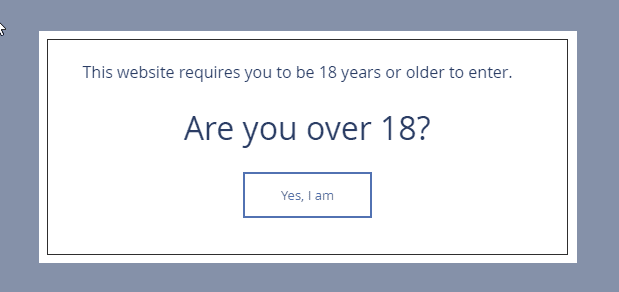Big Brother is watching you (jerk off).
Last year, British lawmakers passed a bill meant to keep persons under the age of 18 from accessing porn online.
Going into effect July 15th, the Digital Economy Act 2017 will require users to obtain a pass, identifying them as of legal age to enjoy porn. Colloquially dubbed the “porn pass”, it will require users to register with several forms of identification, including passports, driver’s licenses, or credit card information. Said pass can also be obtained at designated shops with similar identification.
Websites that breach these laws could find themselves blocked in Britain. Or, alternatively, have their payment services withdrawn.
Margot James, British minister for digital and creative industries
Adult content is currently far too easy for children to access online.
The introduction of mandatory age verification is a world first, and we’ve taken the time to balance privacy concerns with the need to protect children from inappropriate content.
Naturally, there is some criticism of the effectiveness of the move. For one, sites like Reddit and Imgur are exempt from the law, as pornography makes up less than a third of their content. But it would still be entirely possible for one to stumble across porn on those sites, as well as others. For another, VPN’s could hypothetically allow users to skirt the law entirely. Third, there’s a rather scary amount of data being collected and tied to one’s online presence; profiling is a serious concern.
I am concerned that the age verification provisions give the government access to information of viewing habits and citizen data. Identity disclosure requirements in law allow authorities to more easily identify persons, eradicating anonymous expression.
David Kaye, United Nations special rapporteur on the promotion and protection of the right to freedom of opinion and expression
There’s also the fact that these sites will be allowed to choose any third party service they want to verify these passes. For example, a popular choice is AgeID, which has been in use in Germany since 2015. AgeID is owned by MindGeek, whose prominent business is in, say it with me, online pornography.Not only might there be a conflict of interest there, the very real possibility that these companies could use user habits to build a profile is very real. Sure, MindGeek states that their service is encrypted only keeps “standard technical data”, but that’s MindGeek. And it’s not like massive user data breaches happen every few months or so, right?
The regulator for this law, the British Board of Film Classification, has stated that it would implement a voluntary system of ensuring that these age verification services would meet the data security standards expected of them.
But hey, anything worth doing is worth doing right if you want to, right? To wit, when the government announced the scheduling of the new law to journalists via email, they did so in a way that exposed each of these journalists’ email addresses to every other journalist on the list. For which the government apologized, of course, but still, not exactly confidence inspiring, is it? Especially since you now will need a license to use the internet for what it was made for in the UK.
Source: New York Times

